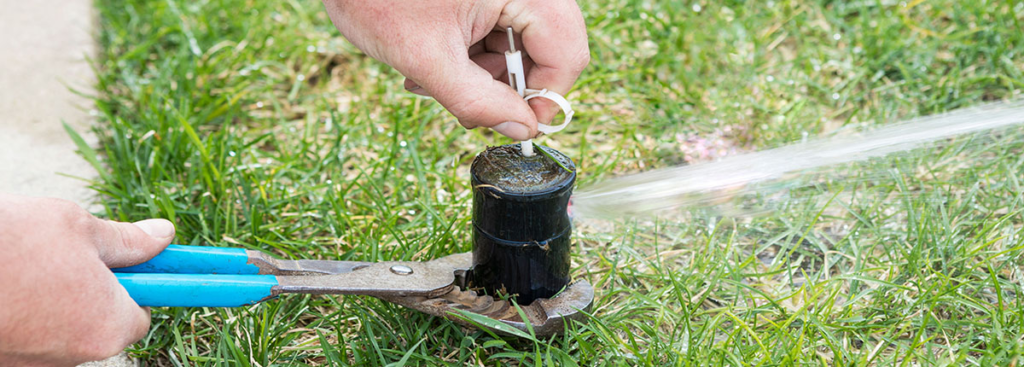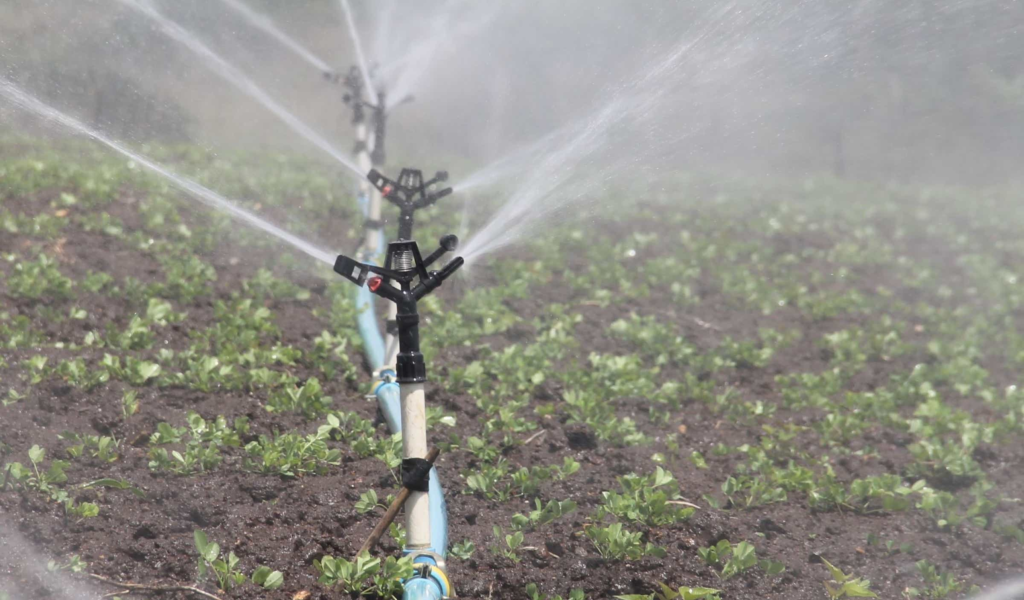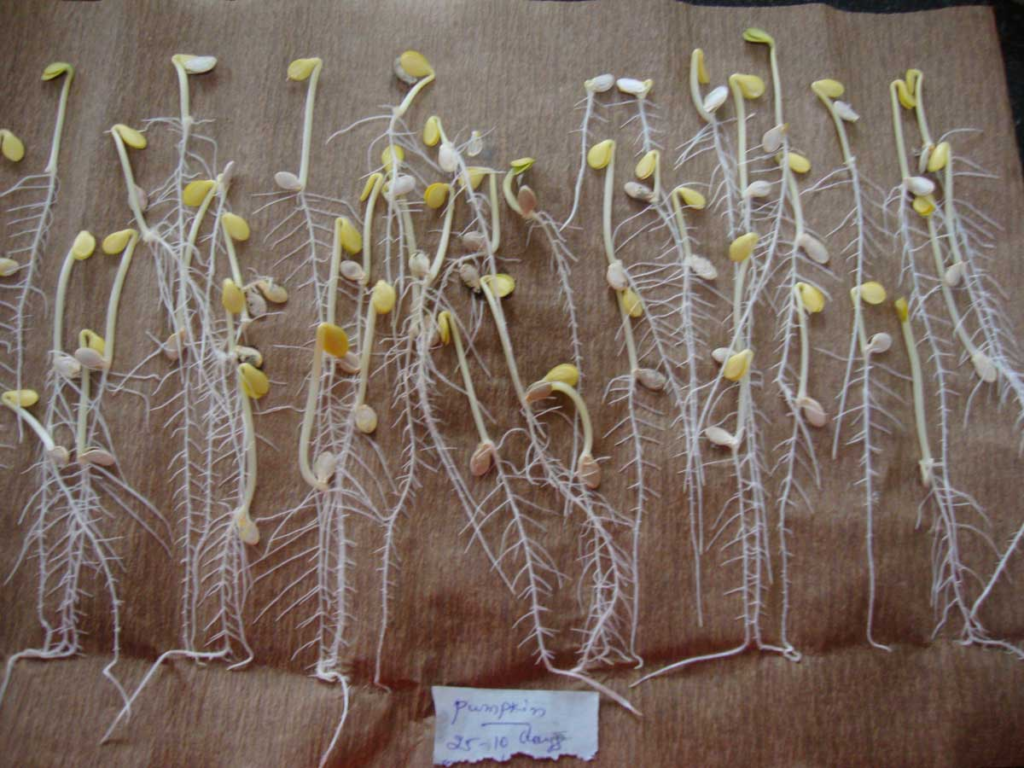Irrigation Service Technician 6 month course
Irrigation Service Technician click here

Irrigation Services Specialist oversees the installation, maintenance and repair
of irrigation systems and other water lift equipment. Short Term Description: Irrigation Services
Specialist manages the installation, repair and repair of centrifugal pumps, spraying systems, Irrigation Service irrigation systems and regular. Your Qualifications: Irrigation Services Specialist must have the ability to operate and perform maintenance and
maintenance tasks. He must have a basic understanding of plant cultivation. He or she must

have the ability to apply the problem and have the skills to solve the problem, be the
targeted person and deal with his or her work and learning Irrigation Service Technician.
Carry out installation, repair and maintenance of tub Ewell irrigation system Irrigation Service Technician:
In order to be effective, each user / individual must be able to:
PC1. method used for irrigation
, basic irrigation, over-irrigation, etc.
PC2. select pump to match power output: – immersion pump –
traditional pump – solar pump – centrifugal
PC3 pump. lay the foundation and set the base bolts on
PC4. check the distance during the installation of the pipe,
PC5 foot valve selection. lift pumps and fittings such as foot valve, pipes, curves, elbows, etc.
PC6. ensure the mechanical connection between the first transmitter and the
PC7 pump. check
PC8 integration integration. provide a single phase / phase electrical connection to the
PC9 power engine. fit starter and other electrical accessories
PC10. perform pump dispatch and inspection Repair and repair various pumps
(underwater, native, solar, centrifugal) In order to operate properly, the user / individual must be able to:
PC11. check foot valve pull, delivery and suction line, pump, junction, etc. for
PC12 damage. repair or replace other defective parts in units and
equipment such as foot valve, delivery and pull cord, assembly, etc.
PC13. check
PC14 integration alignment. repair or install other electrical outlets, fuses, berets, starters, engines, if required
PC15. repair or replace copper tubes, valves, gaskets, etc. if necessary
PC16. apply pump lubrication, joints, etc. according to the
PC17 operator. test and test performance by looking at meters and pressure gauges
Organizational Context (Knowledge of the company / organization and its processes):
The user / person at work needs to know and understand:

KA1. business code of conduct
KA2. job and employment obligations
KA3. standard operating procedures for the use of pumps and
KA4 pump sets. safety and precautions to be taken while using tubewell
irrigation systems Irrigation Service Technician
Technical Knowledge:
The user / person at work needs to know and understand:
KB1. plumbing selection, and plumbing installation of irrigation systems
KB2. operating, repairing and periodically repairing various pumps (underwater, native, solar, centrifugal) and their
KB3 engines. the principle of operation of a single cylinder diesel engine
KB4. parts of the tubewell irrigation system
KB5. standard methods of pumping systems
KB6. welding and soldering techniques
KB7. installation of different types of
KB8 pumps. various types of interactions between pumps and
KB9 conductors. electrical installation and electrical connection
KB10. common faults and corrective measures in foot valve, suction line, delivery line, pump, electrical and first
KB11 connection. standard tools for repair and maintenance and their use of
KB12. hazardous machinery (law), law 1983


Core Skills/ Generic Skills Irrigation Service Technician:
The user / person at work needs to know and understand how to do this:
SA1. note the details referred to SA2. be aware of irrigation equipment and pump to be used in
SA3. record performance limits Learning skills The user / person at work needs to know and understand how to do this
: SA4. read and interpret operator and oral Communication manual (listening and speaking skills) The user / person at work needs to know and understand how to do this: SA5. communication with farmers and members of the
SA6 team. listen to and understand the information provided by the
SA7 speaker. communication on the challenges they face.
Practicing Professional Skills The user / employee needs to know and understand how to do this:
SB1. manage issues regarding irrigation equipment and pump components and
decide on steps to be repaired Irrigation Service Technician
The user / person at work needs to know and understand how to do it: the
SB2 system. plan and focus on work based on the instructions received by
SB3. plans to use time and resources Customer Consumer The user /
person at work needs to know and understand that: SB4. understand
customers’ needs and priorities and respond to their needs. Problem Solving
The user / employee needs to know and understand: SB5. ensure proper error

detection and solutions by consulting with key stakeholders such as farmers and
team members, experts, etc. Analytical Thinking The user / person at work needs to
know and understand: SB6. use domain information about maintenance Irrigation Service procedures and technical information on tools and equipment Key considerations The user / employee needs to know and understand:
SB7. use common sense and make daily decisions
Carry out installation, repair and maintenance of micro-irrigation system Irrigation Service Technician:

In order to be effective, each user / individual must be able to:
PC1. select a pump to match PC2 output power. lay the foundation and set the base bolts
PC3. lift pumps and fittings such as foot valve, pipes, curves, elbows, etc.
PC4. ensure the mechanical connection between the first transmitter and the
PC5 pump. check PC6 integration integration. provide a single phase / phase electrical connection to the
PC7 motor. fit starter and other electrical accessories
PC8. check irrigation and drainage pump Enable installation and
deployment of irrigation systems and drainage systems In order to be effective, each user / individual must be able to:
PC9. select large line, lateral lines, risers and spray heads, micro tubing’s / drippers
PC10. Join the main line, side line, micro tubing,
PC11 drippers. insert the measuring
unit into the irrigation system
PC12. install pressure gauges on the main line, side line and in stores near
PC13. check irrigation systems and pumps Perform repairs and adjustments
of centrifugal pumps and irrigation system In order to operate properly, the user
/ individual must be able to:
PC14. check foot suction valve, delivery line, pump
, junction, etc. with
PC15 damage. check side line, rise, spray heads, small tubes
and dripper for
PC16 damage. adjust the microphone and droplets to ensure proper
watering for
PC17. repair or replace defective parts in units and equipment such as
foot valve, delivery line, assembly, etc.
PC18. check
PC19 integration alignment. repair

or install other electrical outlets, fuses, berets, starters, engines, if required
PC20. repair or replace copper cones, valves, gaskets, etc. if necessary
PC21. apply pump lubrication, joints, etc. according to each
PC22 operator. test and test performance by looking at meters
and pressure gauges Irrigation Service Technician

A. Organizational Context (Knowledge of the company / organization and its processes):
The user / person at work needs to know and understand:
KA1. business code of conduct KA2. job responsibilities and duties
KA5. standard operating procedures for the use of KA3 small irrigation systems.
safety measures to be taken while using small irrigation systems
B. Technical Knowledge:
The user / person at work needs to know and understand:
KB1. parts of the
KB2 small irrigation system. standard methods of pumping systems and systems for small
KB3 irrigation. welding and soldering techniques
KB4. construction and operation of pumps, engines used by
KB5 pumps. various types of interactions between pumps and
KB6 conductors. electrical installation and electrical connection
KB7. common faults and corrective measures for foot valve, suction line, delivery line, pump, electrical and
KB8 initial connection. standard tools for repairing and maintaining their use of
KB9. plant and soil types KB10. testing and testing process for centrifugal pumps and sprinkler and drip irrigation system
KB11. Occasional maintenance procedures
KB12. hazardous machinery (law), law 1983 Irrigation Service Technician

Core Skills/ Generic Skills:
The user / person at work needs to know and understand how to do this:
SA1. note the details referred to SA2. note that farm equipment will be used by
SA3. record performance limits Learning skills The user / person at work needs to know and understand how to do this:
SA4. read and interpret operator and oral Communication manual (listening and speaking skills)
The user / person at work needs to know and understand how to do this: SA5. communication with farmers and members of the
SA6 team. listen to and understand the information provided by the
SA7 speaker. communication on the challenges they face.
B. Practicing Professional Skills The user / employee needs to know and understand how to do this:
SB1. manage hardware and equipment issues and determine corrective action to be taken.
SB2. plan and focus on work based on the instructions received by
SB3. plans to use time and resources Customer Consumer
The user / person at work needs to know and understand that:
SB4. understand customers’ needs and priorities and respond to their needs.
Problem Solving
The user / employee needs to know and understand:
SB5. ensure proper error detection and solutions by consulting with key stakeholders such as farmers and team members, experts, etc.
Analytical Thinking
The user / person at work needs to know and understand:
SB6. use domain information about maintenance procedures and technical information on tools and equipment Key considerations
The user / employee needs to know and understand: S
B7. use common sense and make daily decisions Irrigation Service Technician

Maintain health and safety at the workplace Irrigation Service Technician:
In order to be effective, that person must be able to:

PC1. perform a basic safety test before the operation of all Irrigation Service
equipment and vehicles and report all potential hazards to the
PC2 manager. identify the function for which protective clothing or Irrigation Service
equipment is required and perform those functions according to the
PC3 workplace policy.
Read and understand the risks of use and pollution mentioned in pesticides /
fumigants labels, etc.
PC4. check the risk before performing manual operations, and
work in accordance with current
PC5 safe practices. use equipment and building
materials and restore the same to designated storage where
PC6 can be used. Irrigation Service dispos
e of waste again at the selected
PC7 location. detect hazards in viewers and take steps to reduce the risks associated with activities in the
PC8 workplace. performs work in a manner that minimizes environmental damage throughout the process
and ensures that hazard control task instructions are followed by
PC9. report any accidents, incidents or problems without delay to the appropriate person and take the necessary immediate steps to reduce the risk.
In order to function properly, the person must be able to:
PC10. follow risk management procedures
, fires and emergencies, including local communications and
PC11 emergency evacuation guidelines. follow emergency procedures in the normal / corporate environment
PC12. use emergency equipment under manufacturer specifications and
PC13 service requirements. provide appropriate treatment for the patient’s injuries under the well-known first aid procedures
PC14. find (if possible), clean, test / test, refresh, replace and store first aid kits as appropriate
PC15. report first aid details governed by work processes
A. Organizational Context (Knowledge of the company / organization and its processes) Irrigation Service Technician:
The user / person at work needs to know and understand:
KA1. hygiene and fitness requirements
KA2. general duties under the relevant health and safety law
KA3. protective equipment to be worn and how to maintain proper and safe use of the equipment and equipment required for your work
KA4. efficient and safe use of materials and equipment required for work
KA5. the importance of proper housing maintenance in the work of
KA6. KA7 safe waste disposal methods. ways to reduce environmental damage during work Irrigation Service Technician
B. Technical Knowledge:
The user / person at work needs to know and understand:
KB1. health and safety hazards and steps to be taken to manage those risks in your workplace
KB2. Workplace procedures and requirements for the treatment of occupational injury / illness3. basic emergency first aid program
KB4. local paramedics
KB5. the importance of reporting accidents, incidents and problems and the steps to be taken Irrigation Service Technician
Core Skills/ Generic Skills:

The user / person at work needs to know and understand how to do this:
SA1. state the details required for
SA2 objectives. report problems to relevant staff during
SA3. write descriptions and details of events in reports Learning Skills
The user / employee needs to know and understand how to do this:
SA4. read manual and handbook instructional oral communication (listening and speaking skills) Irrigation Service Technician
The user / person at work needs to know and understand how to do this:
SA5. liaising with other stakeholders such as farmers and team members, official / stakeholder stakeholders
SA6. understanding information shared by senior people and experts
B. Practicing Professional Skills
A user / employee needs to know and understand how to do it:
SB1. make decisions about the types of tools
SB2 will use. identify the need for first aid and provide it Plan and Edit
The user / person at work needs to know and understand that:
SB3. plan daily activities and set priorities; separate start times, estimate completion times and building materials, equipment and assistance required to complete Customer Centricity The user / employee must know and understand that:
SB4. manage relationships with co-workers and managers of those who may be stressed, frustrated, confused or angry Problem Solving The user / employee needs to know and understand:
SB5. think about this problem, explore possible solutions and take the biggest / best solutions for Analytical Thinking The user / person at work needs to know and understand:
SB6. view and maintain
SB7 tools and equipment. check the situation and identify appropriate control measures Key Thinking
The user / person at work needs to know and understand how to do it:
SB8. take his own job and learn Irrigation Service Technician
Guidelines for Assessment:
- Criteria for assessment for each Qualification Pack will be created by the Sector Skill Council. Each Performance Criteria
(PC) will be assigned marks proportional to its importance in NOS. SSC will also lay down proportion of marks for Theory and
Skills Practical for each PC - The assessment for the theory part will be based on knowledge bank of questions created by the SSC
- Individual assessment agencies will create unique question papers for theory part for each candidate at each
examination/training center (as per assessment criteria below) - Individual assessment agencies will create unique evaluations for skill practical for every student at each
examination/training center based on this criteria - To pass the Qualification Pack , every trainee should score a minimum of 70% in aggregate
- In case of successfully passing only certain number of NOS’s, the trainee is eligible to take subsequent assessment on the
balance NOS’s to pass the Qualification Pack







